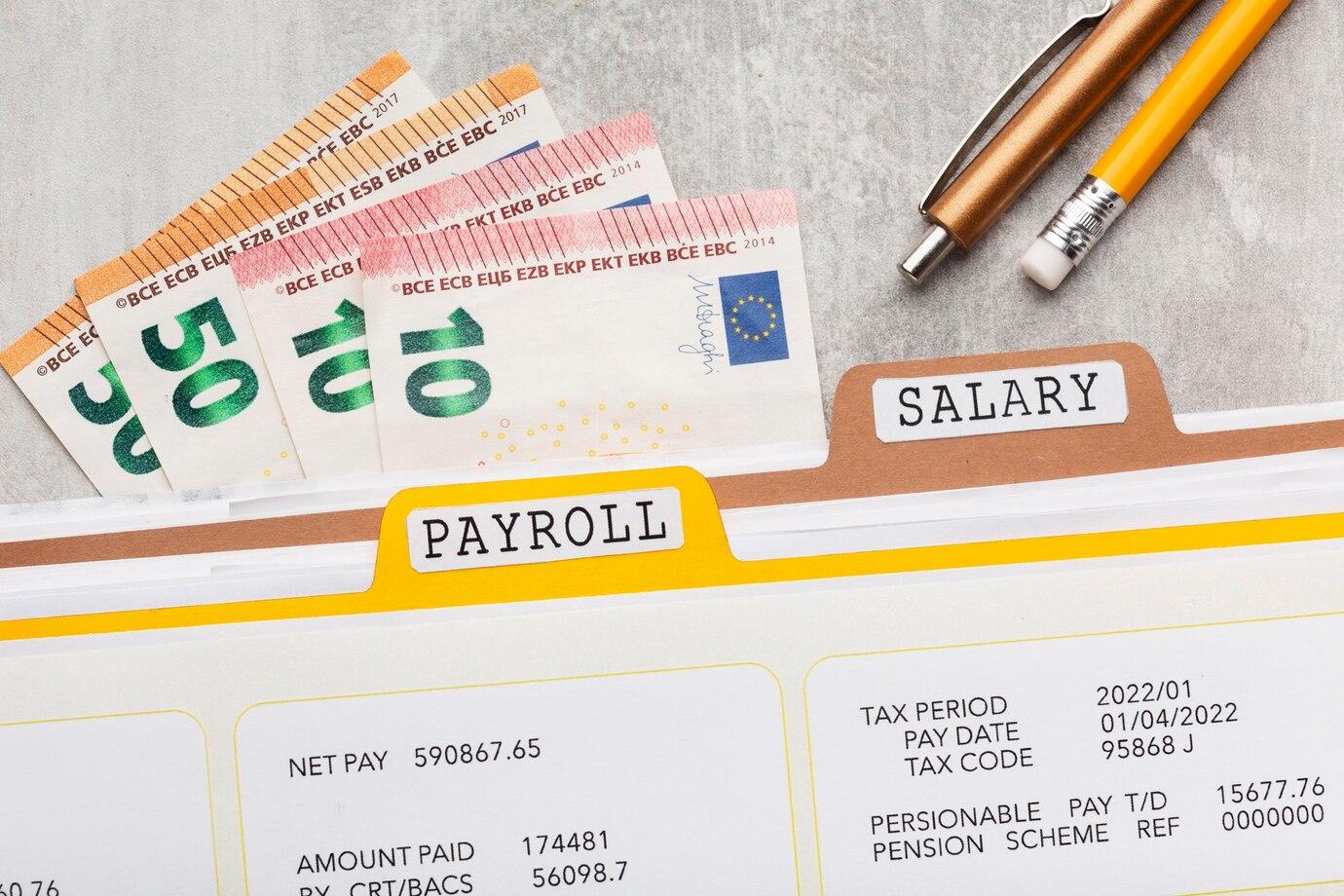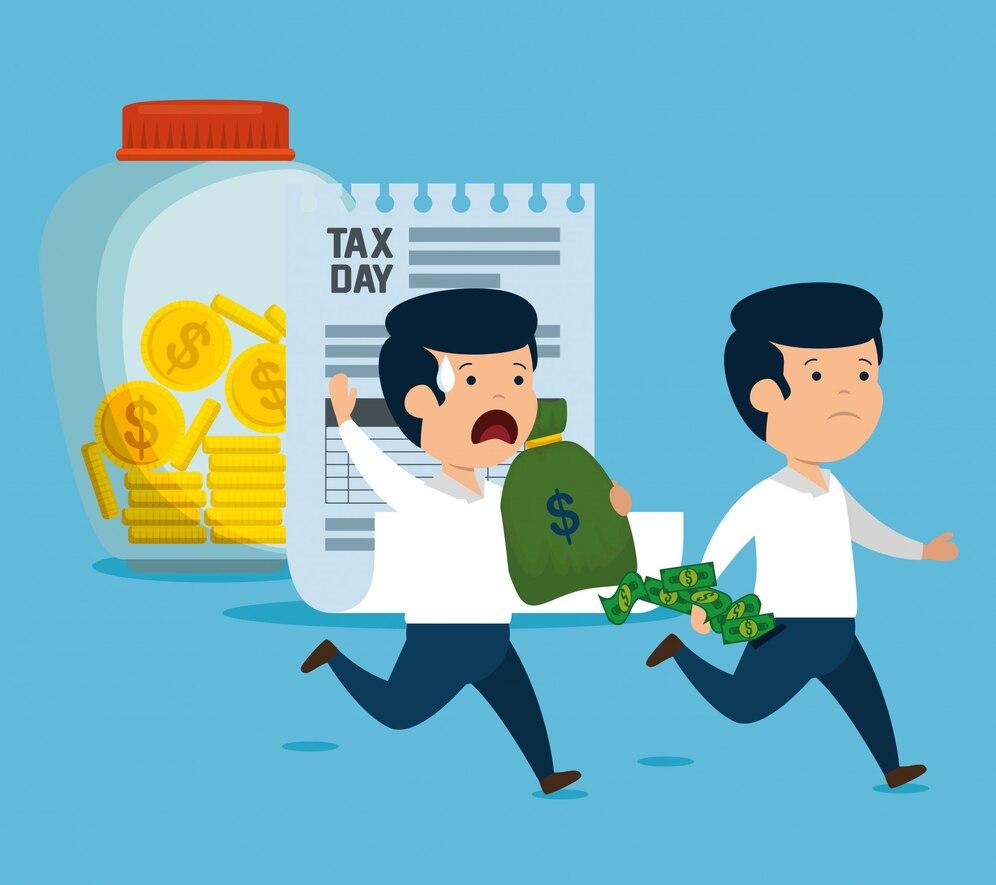Fake Tax Return Agencies
The systematic increase in tax fraud makes the topic of fake tax return agencies relevant and important for most citizens. In the context of globalization and deepening economic ties, many people face the possibility of returning taxes from abroad or receiving advice on optimizing tax payments. However, along with legitimate offers, fake agencies also appear, exploiting taxpayers' trust for their own purposes.

Tax Return Fraud
Tax return fraud is often aimed at exploiting the position of someone looking for easy money or ways to reduce their expenses. The most common schemes include:
False promises. Scammers may promise a "guaranteed" tax return without any grounds. Often victims pay money upfront for services that will never be rendered.
Pseudoscientific methods. Some agencies may claim to have access to "secret methods" of tax return. This may involve manipulating figures or creating artificial grounds for tax reduction.
In order not to fall victim, it is worth carefully studying offers and evaluating the real results of the agency's work.

Scams with Tax Agencies: How It Happens
Scams with tax agencies involve not only the actual return of funds but also a program of manipulation, which includes creating myths about tax returns. Some common ways of scamming:
Upfront payment requirement. Many fraudulent agencies require prepayment for their services, promising a return of money in the future. As a rule, once the money is received, contact with the client is cut off.
Fraudulent schemes with VAT. Scammers present fake documents for VAT refunds, without any grounds.
In this context, it is important to know that there are tips that can help protect yourself from such schemes.
VAT Refund Scams: How to Recognize and Avoid
VAT refund scams can take various forms. They usually involve deception with documentation or providing false information about a product. It is necessary to pay attention to the following signs to avoid falling into the fraudsters' trap:
Suspicious documents. If an agency asks for documents that are not related to tax refunds, this is the first signal of possible fraud.
Lack of transparency. If you cannot get clear answers to your questions or cannot find information about the agency online, there are serious grounds for concern.
Regularly studying information about tax schemes and tax refund rules will help avoid falling under the influence of fraudsters.

Fake Tax Consultations: Scams and Consequences
Fake tax consultations often come from unstructured agencies or physically unavailable consultants. The main signs of fake consultations:
Lack of license. Official tax consultants have licenses that confirm their qualifications. Be sure to check for such a document.
Unrealistic promises. If a consultant promises you something that seems too good to be true, it usually is.
One of the most important things you can do is always check recommendations and facts about a consultant before handing over your data or money.
Scams with Tax Returns from Abroad: How Not to Get Caught
Scams with tax returns from abroad are especially common among workers leaving the country expecting a return of paid taxes. In such cases, fraudsters may use the following tactics:
Fake companies. A semblance of a legitimate business offering money return services is created. These companies may pretend to be well-known companies to gain the victim's trust.
Form deception. Scammers may provide fake forms, asking you to fill them out with personal information for "application processing." After collecting the data, they may use it for their own interests.
It is very important to remain vigilant and not to pass personal data to dubious agencies and consultants.

How to Check a Tax Consultant: Step-by-Step Guide
To avoid losing money, you need to know how to check a tax consultant before entering into an agreement with them. Here are some steps to take:
License verification. Make sure the consultant has a valid license and is registered with the relevant tax authorities. This can be done through tax service websites or special databases.
Review study. Searching for reviews about the consultant online is a great way to understand how reliable they are. Pay special attention to negative reviews.
Personal recommendations. Ask your acquaintances or colleagues for recommendations. Such advice can give you confidence in your choice.
Applying these steps will significantly reduce the risk of dealing with fraudsters.
Fraudsters in Accounting: How to Protect Yourself
Fraudsters can operate not only in the field of tax returns but also in accounting. Many potential victims may fall prey to scams at the stage of verifying accounting documents. Here's how to act:
Regular checks. Constantly conduct checks of accounting reports and documentation. A good practice is to add an independent specialist for verification.
Employee training. Inform your employees about possible fraud schemes in accounting so they can recognize them and report suspicious actions.
Caring for your business's safety reduces the risks of financial losses.

Tax Payment Scams: Don't Make Mistakes
Unjustified inflation of tax payments to earn money on price differences is one of the most common scam schemes. Fraudsters may use fraudulent schemes to gain access to the company's funds before the victim realizes they have been targeted. To prevent this, try to:
Suspicious behavior. Be cautious if you receive letters from unfamiliar companies asking for money transfers or providing personal data.
Contractual obligations. Carefully check all documents signed with third parties. It is equally important to read contract terms and consult with lawyers.
By following these practices, you can increase trust in your business partners.
Fake tax return agencies pose a serious threat to citizens, questioning their financial security. However, by equipping yourself with the necessary knowledge and taking active precautions, you can avoid fraud or deception.
character count 5800
https://text.ru/antiplagiat/67c5e9cece00b

